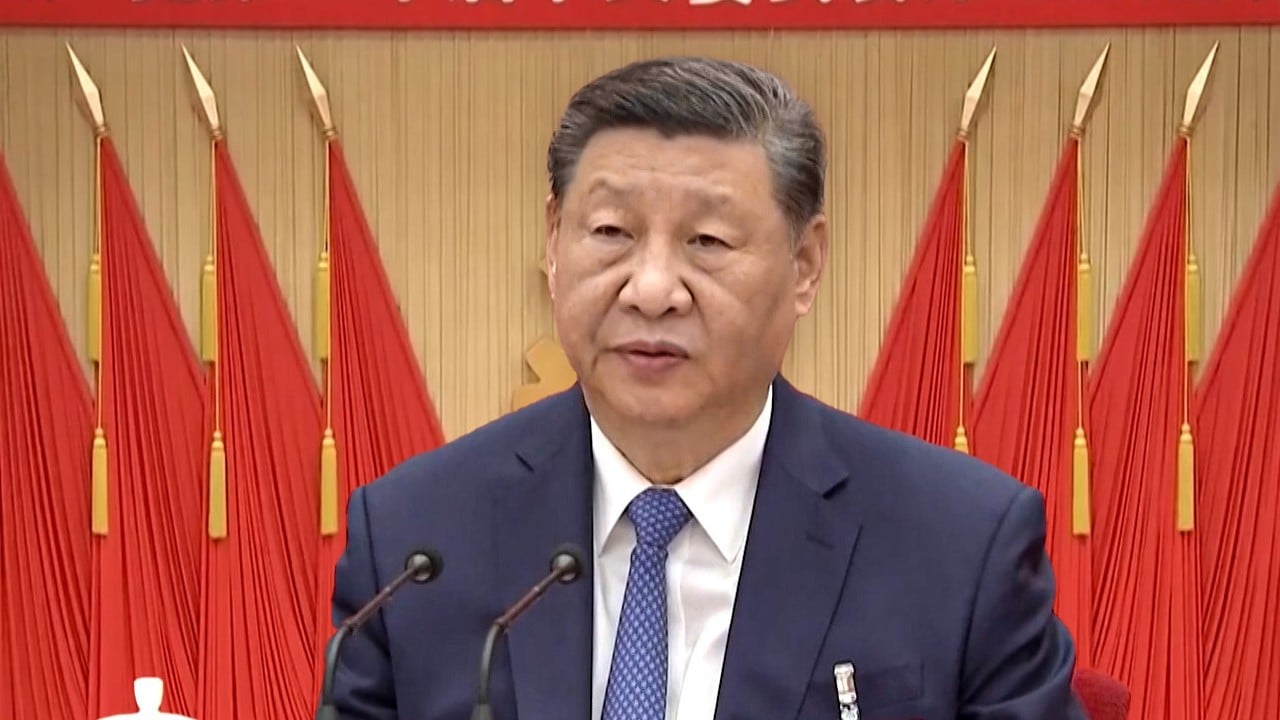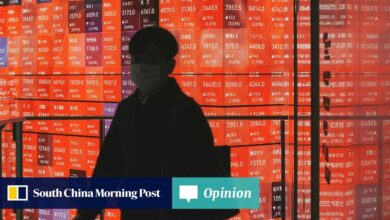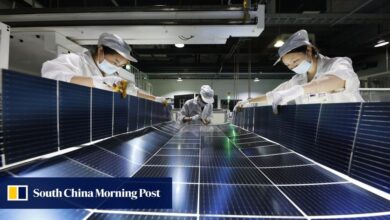Beijing seeks to drive up China’s much-needed consumption by upping NEV number plate quota

China’s capital city has increased the quota for new energy vehicle number plates to encourage consumption, a move that arrived the day after top leaders placed a focus on boosting domestic demand and “unwaveringly” accomplishing this year’s economic targets.
The Beijing municipal government is set to issue 20,000 new energy passenger cars with number plates to be used by families from Sunday, the Beijing Daily newspaper said on Friday.
Many Chinese metropolises – including Beijing, Shanghai, Shenzhen, Guangzhou and Tianjin – had imposed car purchase restrictions to ease traffic congestion and reduce pollution.
They had implemented a lottery-style system to distribute purchase quotas or number plates.
The key still depends on the residents’ income and job security, which involves their confidence in the prospects
“The need to stimulate consumption is outweighing considerations of traffic congestion, and the Beijing government is easing original car-buying restrictions, akin to the recent relaxation of real estate regulations,” said Peng Peng, executive chairman of the Guangdong Society of Reform think tank in Guangzhou.
“So far, governments have launched support in promoting the consumption of cars, housing, furniture and home appliances, but the key still depends on the residents’ income and job security, which involves their confidence in the prospects.”
Beijing’s new quota represents a 34 per cent increase from the original target, with the city’s government having planned to distribute 58,400 number plates annually for families.
It had previously announced a quota of 77,000 new energy vehicle number plates for families, individuals and companies, with the number of applications hitting 844,020.
Cars are a pillar industry in China, contributing around 10 per cent of retail sales of consumer goods, tax revenues and urban employment, the State Council said on Wednesday.
Production and sales of cars in China stood at 13.9 million units and 14 million units in the first half of the year, respectively, according to the China Association of Automobile Manufacturers.
This represented year-on-year increases of 4.9 per cent and 6.1 per cent, respectively.
Domestic demand in China is experiencing a prolonged downturn due to the declining stock and real estate markets, coupled with the rising tide of unemployment, leading to the nation’s consumer price index hovering around zero for more than a year.
The Ministry of Commerce said in April that the government would provide subsidies of 10,000 yuan (US$1,377) for eligible new energy vehicles and 7,000 yuan for fuel vehicles.
And on Thursday, in the communique released after the conclusion of the third plenum, party members were asked to “faithfully follow the party leadership’s economic decisions, taking active steps to stimulate domestic consumption, and build new momentum to drive exports and imports”.
Source link




